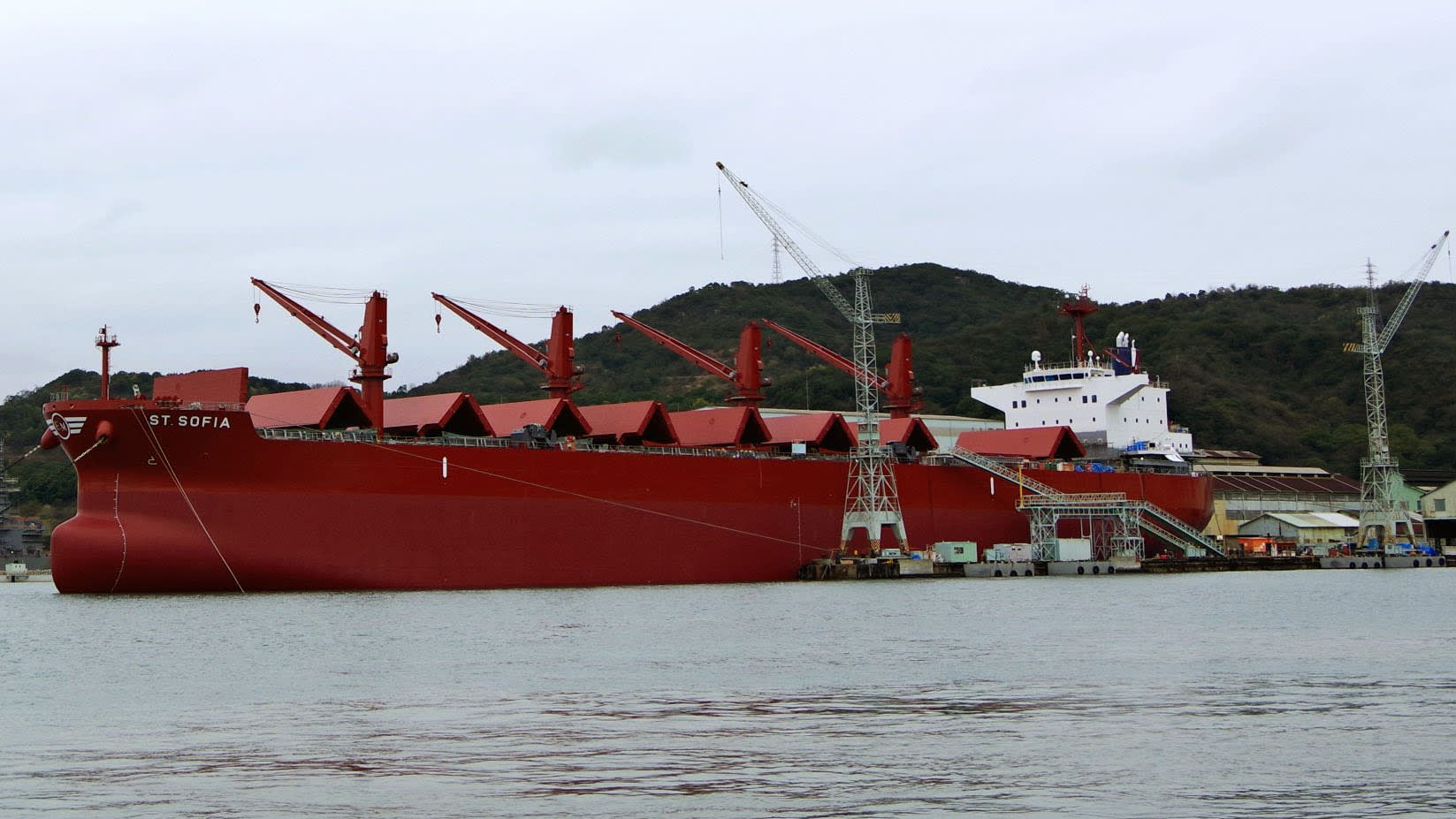Japanese shipbuilder Mitsui E&S Holdings is in discussions with compatriot Tsuneishi Holdings to form a shipbuilding tie-up, at a time when the domestic industry is struggling to compete with Chinese and South Korean rivals.

The two companies announced on Friday an agreement to start discussions. Under the plan, Tsuneishi will acquire a minority stake in Mitsui E&S Shipbuilding, a wholly-owned subsidiary of Mitsui E&S. The two sides expect to reach an agreement by yearend, with details such as investment ratios to be ironed out later.
Combined, Mitsui E&S and Tsuneishi would be Japan’s third-largest shipbuilding group by volume of commercial-vessel construction. That would surpass Kawasaki Heavy Industries, while top-ranked Imabari Shipbuilding is in investment talks with second-ranked Japan Marine United.
Mitsui E&S and Tsuneishi in 2018 entered into an operational tie-up involving ship design and parts procurement. Capital ties would make way for deeper business collaborations, such as joint shipbuilding orders.
Currently, Mitsui E&S ranks No. 8. Although the company got its start in the shipbuilding industry, the business generated sales of 115.1 billion yen ($1.09 billion) in fiscal 2019 — just 15% of the holding company’s consolidated sales.
Its shipbuilding business is projected to suffer its sixth straight operating loss in fiscal 2020. To stanch the bleeding, Mitsui E&S decided to stop making commercial vessels at its Chiba shipyard. It also said in June that it would offload warship assets to Mitsubishi Heavy Industries.
Tsuneishi, a privately held group headquartered in Hiroshima Prefecture, is the parent to Japan’s fourth-largest player, Tsuneishi Shipbuilding. The group is strong in constructing bulk carriers, and the shipbuilding business took in sales of 164.6 billion yen in fiscal 2019. Tsuneishi has shipyards in China and the Philippines as well.
Meanwhile, Japanese shipbuilders are losing out to South Korean and Chinese rivals.
Three South Korean shipbuilders — Hyundai Heavy Industries, Daewoo Shipbuilding & Marine Engineering and Samsung Heavy Industries — have won liquefied natural gas tanker projects from Qatar. Japanese contractors, once considered strong in LNG ships, have won no orders for them in the four years ended fiscal 2019.
Further, China State Shipbuilding Corp. and China Shipbuilding Industry integrated in November last year, while in South Korea, Hyundai Heavy Industries and Daewoo Shipbuilding & Marine Engineering are proceeding in that direction as well. The size of both those groups far exceed their Japanese rivals.
The amount of ship orders by volume not yet delivered to clients fell to a 20-year low of 17.4 million tons at the end of fiscal 2019, according to the Japan Ship Exporters’ Association.
The coronavirus pandemic has poured salt on the wound. The soured marine transport market has hurt demand for vessels for carrying iron ore, crude oil and other cargo.
Japanese shipbuilders recognize that they cannot survive operating independently. Imabari is in talks to purchase roughly 30% of JMU. Mitsubishi Heavy is in negotiations to sell off its Koyagi plant in Nagasaki to Oshima Shipbuilding.
Source: Nikkei